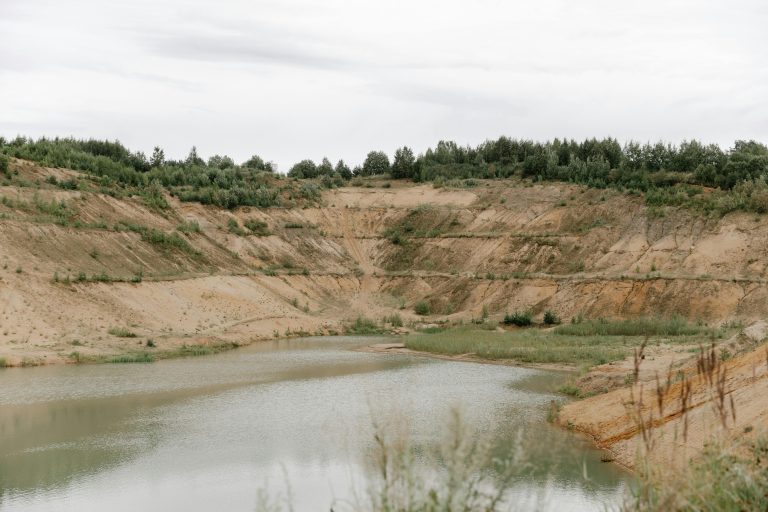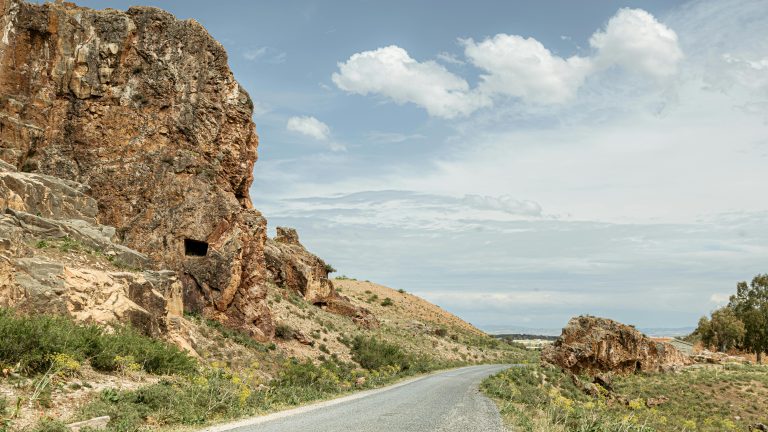Table of Contents
That morning, when we parked our Mars camper in the wilderness, surrounded by dewdrops and awakening to a canopy of stars, I realized something had fundamentally changed about how I approached outdoor adventures. Gone were the days of wrestling with complicated tent poles in the rain or compromising comfort for mobility. This wasn’t just another camping trip – it was the beginning of understanding what true freedom on the road could look like.
After years of traditional camping experiences, from backpacking with minimal gear to hauling oversized RVs that limited where we could explore, I searched for that sweet spot between comfort and adventure. The pain points were clear: I wanted something lightweight enough to tow with confidence, quick to set up after a long day of driving, yet comfortable enough for extended stays in remote locations. That’s when Mars Campers entered the picture.
Discovering the Mars Legacy
Mars Campers represents something special in the Australian-made recreational vehicle landscape. Born from a philosophy that combines hybrid design principles with uncompromising safety standards, Mars has carved out a unique position in the market. What sets them apart isn’t just their manufacturing quality – it’s their understanding that modern adventurers need versatility without sacrifice.
The Mars 13 and Mars 16 models perfectly exemplify this philosophy. These aren’t just compact trailers but thoughtfully engineered mobile base camps. The independent suspension system immediately caught my attention during research, promising better handling on rough terrain than traditional leaf spring setups. At first glance, you notice the purposeful design—every curve and angle serves both aerodynamic efficiency and structural integrity.
What impressed me most was how Mars managed to pack family-friendly features into such a manageable footprint. Whether you’re a couple seeking romantic getaways or a small family building memories, these units adapt to your needs without the bulk that restricts your destination choices.
My Real-World Mars Experience
I first deployed our Mars 16 at a remote lakeside spot in the mountains. After a six-hour drive through winding roads, the last thing you want is a complicated setup process. I was pleasantly surprised – parking to having our living space ready took approximately 15 minutes. The pop-top mechanism operated smoothly, and the internal layout revealed itself with logical efficiency.
Inside, the attention to detail becomes apparent. The bed converts seamlessly from dining space to sleeping quarters, while the compact kitchen includes everything necessary for proper meal preparation. Storage solutions are cleverly integrated throughout – every cubic inch serves a purpose without feeling cramped. During a three-day stay, we experienced everything from scorching afternoon heat to near-freezing nights, yet the insulation and ventilation systems maintained comfort throughout.
The off-road performance truly shone during a desert expedition. Where traditional caravans would have been left behind, the Mars confidently handled sandy washes and rocky trails. The low center of gravity and balanced weight distribution made towing feel natural, even in challenging conditions.
Community feedback consistently echoes these experiences. As one owner shared in the Mars owners’ group:
“After 12 months and countless adventures, our Mars still feels like the day we bought it – solid, reliable, and ready for whatever we throw at it.”
Comparative Analysis: Why Mars Stands Apart
Having experimented with various camping approaches over the years, I can offer a perspective on how Mars compares to alternatives. Traditional hard-shell caravans offer space but sacrifice accessibility to remote locations. Soft-floor camper trailers provide off-road capability but often compromise on weather protection and setup speed.
Mars occupies that coveted middle ground. I remember a particularly stormy night in traditional canvas accommodation where we spent hours securing guy ropes and dealing with condensation. With Mars, similar weather conditions became the background ambiance while we remained warm and dry inside our secure shell.
The hybrid design philosophy means you’re not choosing between comfort and capability – you’re getting both. The aerodynamic profile reduces fuel consumption compared to box trailers, while the robust construction handles conditions that would challenge lighter alternatives.
Purchasing Wisdom and Practical Tips
Based on extensive research and hands-on experience, several considerations emerge for potential buyers. First, honestly assess your tow vehicle’s capabilities—while Mars units are relatively light, proper matching ensures safety and longevity. The difference between the 13 and 16 models primarily comes from internal space versus weight considerations.
Configuration choices deserve careful thought. The pop-top versus hard-top decision affects both aerodynamics and storage height. Kitchen and bathroom options should align with your typical trip duration and camping style. Having used various configurations, I lean toward moderate specifications that enhance usability without adding complexity.
My decade of outdoor adventures, from motorcycle touring to backcountry skiing, taught me that the best equipment becomes invisible during use – it simply works. Mars achieves this ideal through thoughtful engineering rather than flashy features.
Consider seasonal usage patterns when selecting options. Basic configurations suffice if you primarily camp in mild weather. Upgraded insulation and heating systems prove worthwhile for year-round adventurers or those venturing into extreme climates.
Your Journey Begins Here
Reflecting on the countless miles traveled and memories created, I realize Mars represents more than transportation or accommodation—it catalyzes experiences. The confidence from reliable equipment opens possibilities that might otherwise seem daunting. Remote beaches, mountain meadows, desert starscapes—all become accessible when your mobile base camp can handle the journey.
Every sunrise viewed from a different location, every spontaneous detour down an intriguing dirt road, every evening spent around a campfire with friends met along the way – these moments define what recreational vehicles should enable. Mars doesn’t just transport you to adventures; it becomes part of the adventure itself.
For those standing at the threshold of their next chapter in outdoor exploration, consider what freedom means to you. If it’s the ability to go anywhere, stay comfortably, and focus on experiences rather than equipment struggles, then it’s time to discover your own Mars story. The open road awaits, and your steel companion is ready to make it extraordinary.






